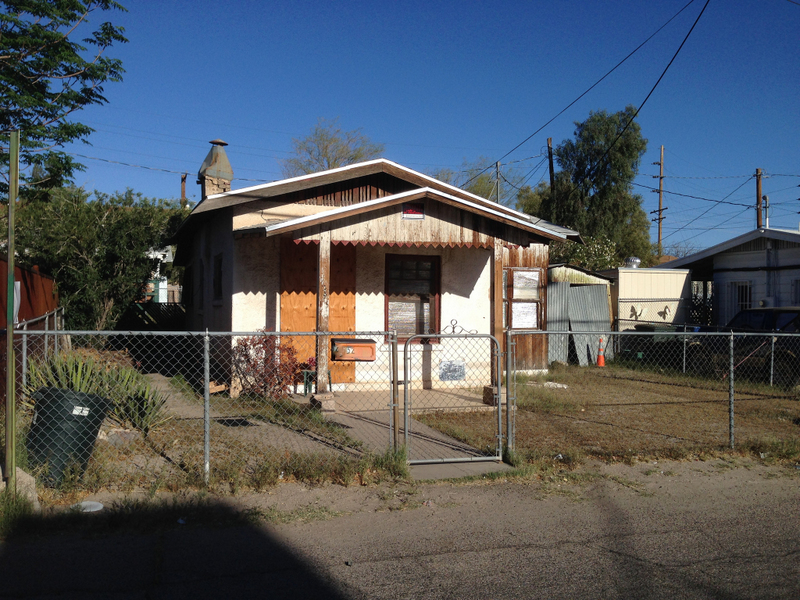
Reader Question: Where is one to invest in this market inclusive of the banks shadow inventory. A good example is Clarksville Tn. which appears to be an excellent opportunity, however if you consider Housing and Urban Development (HUD) unoccupied housing information, it paints a very different picture.
Monty’s Answer: Unoccupied housing is a serious problem and the meltdown in the real estate market from 2007 forward has a lingering effect on it. Because there is not a standard definition as to what constitutes an unoccupied home the size of the unoccupied home inventory is fuzzy.
Here is a glance at HUD’s overview: “The absence of universal definitions of vacancy and abandonment complicate efforts to assess the number of vacant and abandoned properties nationally. The best aggregate sources include the U.S. Census Bureau and the U.S. Postal Service, although these are not without limitations. Using these sources, the U.S. Government Accountability Office (GAO) reported in 2011 that vacant residential units, not including those used seasonally or by migrant workers, increased from 7 million in 2000 to 10 million in 2010. The Joint Center for Housing Studies of Harvard University reported that a subset of this category, homes vacant and not being marketed for sale or rent, reached a record high of 7.4 million in 2012, with increases concentrated in the high-foreclosure areas of the South and West. Nearly forty percent of the nation’s vacant homes are concentrated in just 10 percent of all census tracts. Wayne County in Michigan and Cook County in Illinois, for example, each has more than 200 high-vacancy neighborhoods.” For more information about issues with unoccupied homes go to the following link: <http://www.huduser.org/portal/periodicals/em/winter14/highlight1.html>
A year-old Core Logic article states shadow inventory is rapidly disappearing and a search of the HUD property for sale website for Clarksville, TN indicates only fourteen HUD properties currently for sale. It is unclear in your question the source of the data that concerns you.
Redirect your thinking
Information about the housing market is sliced and diced and served up to consumers in a variety of ways. Consider a different approach to investing. Every community is unique. Whether it is geography, economic, demographic or something else, it sets each one apart. Experience suggests there are investors who are successful in most communities, and others who have not done so well.
Studies, public information and surveys ultimately commingle the numbers to establish averages or median statistics. These statistics can be helpful information to have, but will be inconsequential if overpaying for a property or neglecting some basic local research. Your question is ultimately about your results as an individual. When compared to statistics, individual results can be strikingly different.
A good tool is speaking with business owners that operate in separate, but similar markets. Retail type businesses such as home improvement, jewelry or swimming pools just to name a few. As an example, a carpet storeowner was asked about the differences between two cities in the same region. The answer was, “In city “A” customers pay up to $20.00 a yard for carpet. In city “B”, $20.00 per yard is the starting price for carpeting.” They are less than 50 miles apart.
Focus on the basics
Understanding the fundamentals of negotiating, real estate investment and appraisal techniques are the most valuable skills toward achieving success in real estate. The people that prosper have a keen eye for creating value, regardless of the demographics. They observe how the city is expanding and what types of investment a neighborhood will support. They are good at listening to many opinions and boiling down to the most plausible answers for future outcomes from those conversations. They know how to find the players whose opinions have the most strength. Sometimes they are just plain lucky.
Most real estate investors start out small, or in partnership with an experienced investor. They gather their insights over extended periods of time as they become familiar with property sales and the differences between neighborhoods. Local knowledge is a key to understanding real estate value.
Understanding that one makes money in real estate when it is purchased, not when it is sold. This does not mean buying for less than market value. It simply means buying the right property in neighborhoods where future values will rise. Most cities hold good investment opportunities. Choose the markets you feel the most comfortable spending time around.
